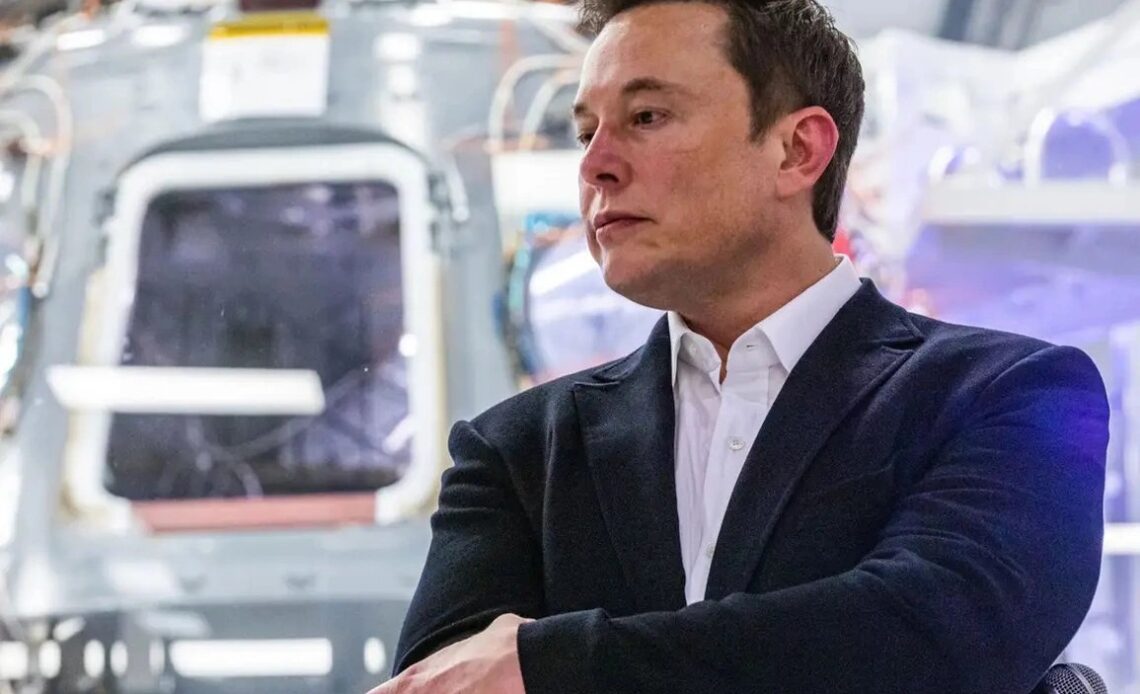Elon Musk, the billionaire entrepreneur known for his groundbreaking work in the tech and space industries, has frequently been the subject of public scrutiny regarding his wealth. A persistent claim that circulates online is that Musk’s financial success is primarily due to his family’s wealth and not his own efforts. Recently, Musk has directly addressed these allegations, offering his perspective on the matter.
### **Addressing the Claims of Family Wealth**
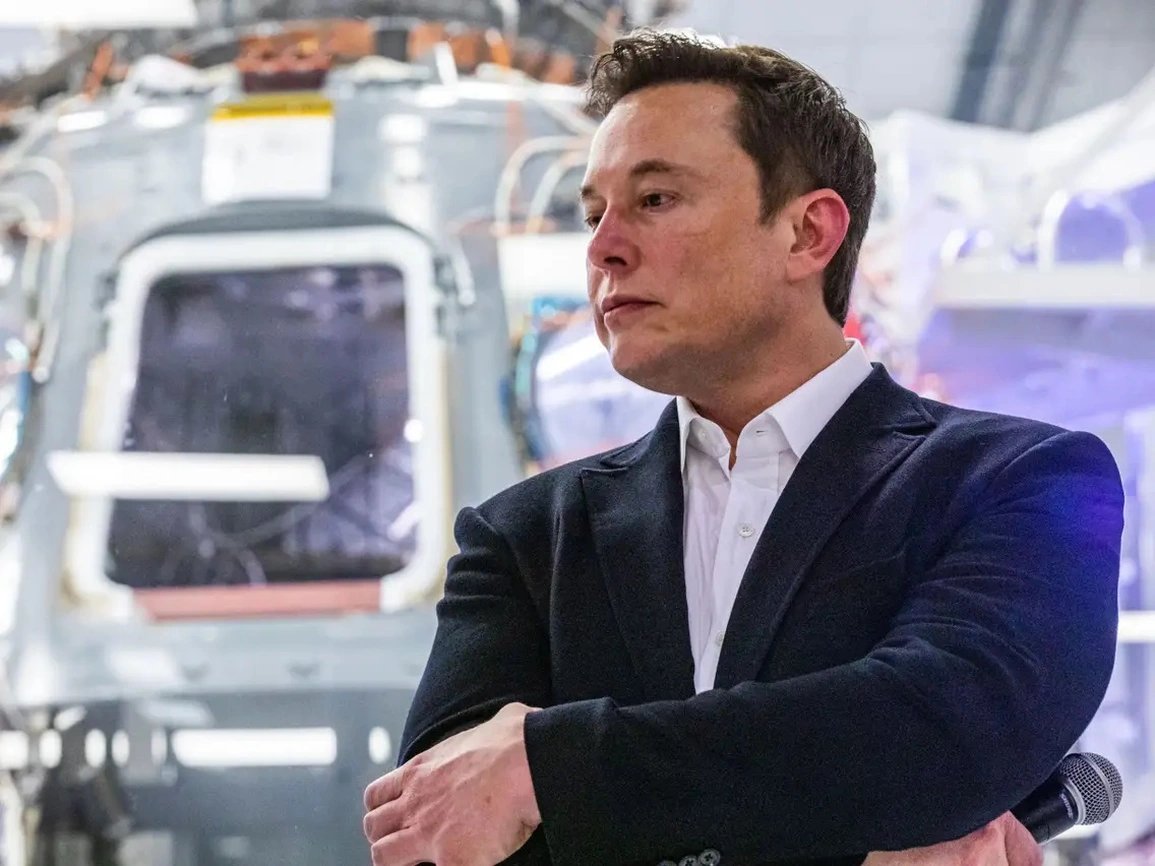
The assertion that Elon Musk’s success is largely attributed to family wealth stems from rumors that his father, Errol Musk, owned an emerald mine in South Africa. Some have suggested that proceeds from this alleged mine gave Musk an unfair financial head start. However, Musk has repeatedly debunked these claims, stating that he arrived in North America with minimal resources and had to work tirelessly to build his fortune.
Musk has openly shared his struggles as a young entrepreneur. He has mentioned that he worked various odd jobs and lived on a tight budget while studying at the University of Pennsylvania. His early years in business were marked by financial uncertainty and relentless dedication.
### **Musk’s Entrepreneurial Journey**
Rather than inheriting vast sums of money, Musk built his empire through a series of strategic business ventures. His journey began with Zip2, a company that provided business directories and maps to newspapers. In 1999, Compaq acquired Zip2 for approximately $307 million, giving Musk his first significant financial breakthrough.
He then co-founded (http://X.com “”), an online banking platform that eventually evolved into PayPal. When eBay acquired PayPal for $1.5 billion in 2002, Musk’s fortune grew substantially. However, instead of settling, he reinvested his wealth into ambitious projects that would later revolutionize multiple industries.
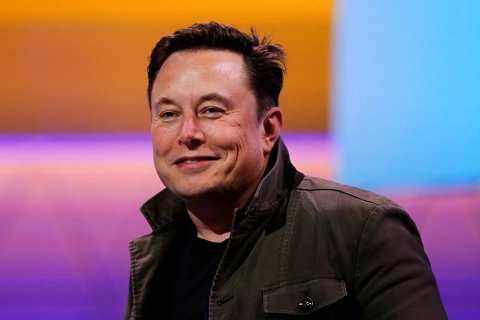
### **The Risk-Taker Behind Tesla and SpaceX**
Musk’s success story is not one of passive wealth accumulation but of relentless innovation and risk-taking. After the PayPal sale, he founded SpaceX in 2002 with the vision of making space travel more affordable and advancing interplanetary exploration. The company faced numerous failures before achieving its first successful launch, with Musk investing much of his own money to keep the company afloat.
Around the same time, he became involved with Tesla, a struggling electric vehicle startup. Musk provided financial support and later took over as CEO, transforming the company into the world’s most valuable automaker. His leadership and vision turned Tesla into a household name, overcoming early skepticism and production challenges.
### **Challenges and Criticisms**
Despite his undeniable contributions to technology and space exploration, Musk has frequently faced criticism. Detractors argue that his ventures benefited from government subsidies and that his wealth is not solely the result of personal effort. While it is true that Tesla received government incentives to promote clean energy, many experts argue that these were standard industry practices and not unique to Musk’s businesses.
Musk has also emphasized that he does not hoard his wealth. Instead, he reinvests a significant portion of it into new ventures, such as Neuralink, The Boring Company, and OpenAI, all of which aim to push technological boundaries further.
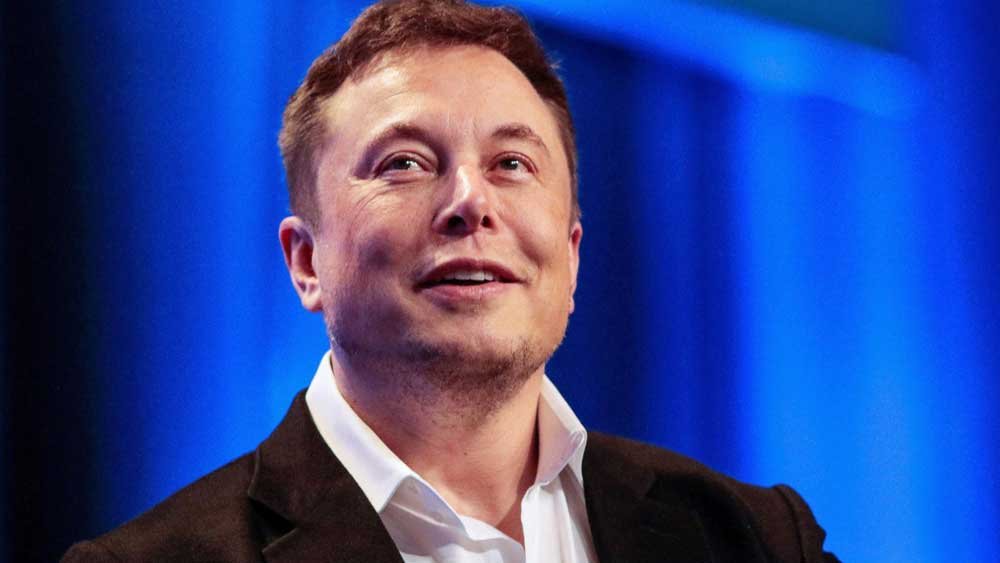
### **Musk’s Response to Critics**
In response to claims that he is “rich because of his family,” Musk has used social media to clarify his position. He has stated multiple times that he had no inherited wealth and that he had to struggle to get where he is today. Musk’s story of working hard, taking risks, and betting on himself is an inspiration to many aspiring entrepreneurs.
He has also pointed out that having access to money does not guarantee success. Many individuals inherit wealth but fail to use it wisely. In contrast, Musk has continually leveraged his resources to develop groundbreaking technologies that have changed the world.
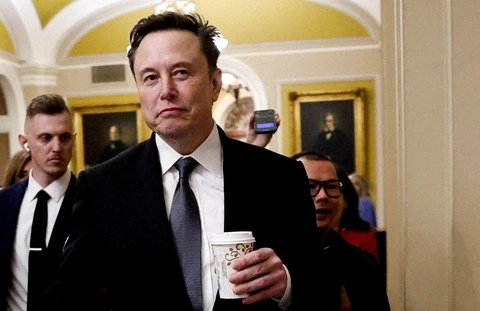
### **Conclusion**
The narrative that Elon Musk owes his immense wealth solely to family money is one that he has strongly refuted. While his background may have provided him with certain advantages, his success is largely the result of his relentless work ethic, visionary thinking, and willingness to take risks. From his early days as a struggling entrepreneur to his leadership in multiple industries, Musk has demonstrated that true success requires innovation, resilience, and an unwavering commitment to progress.
